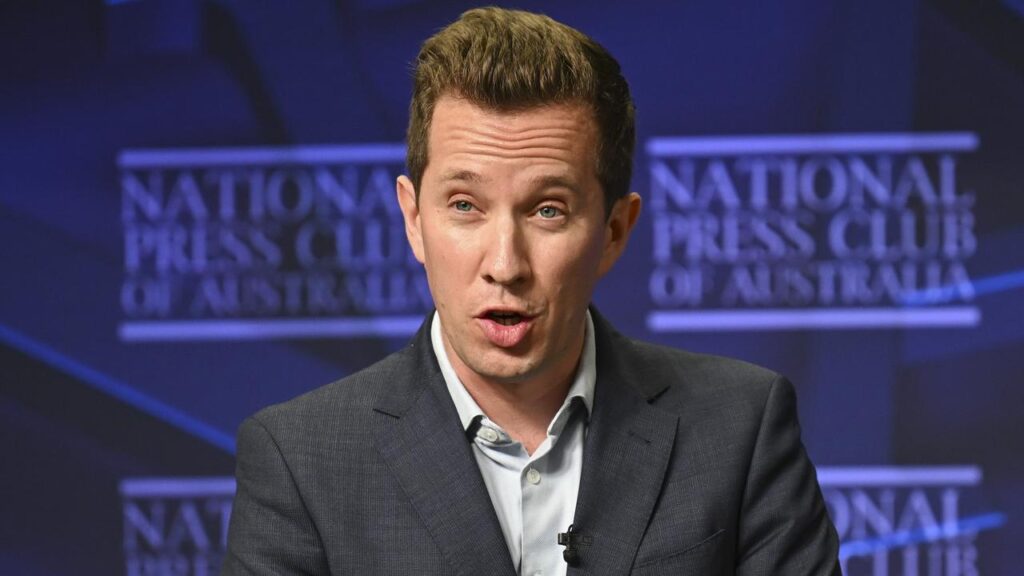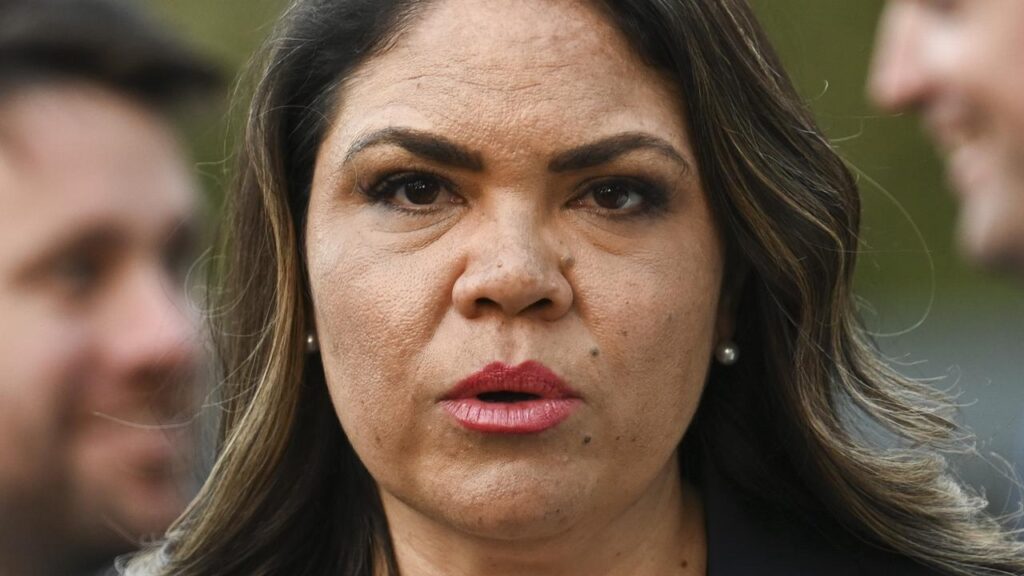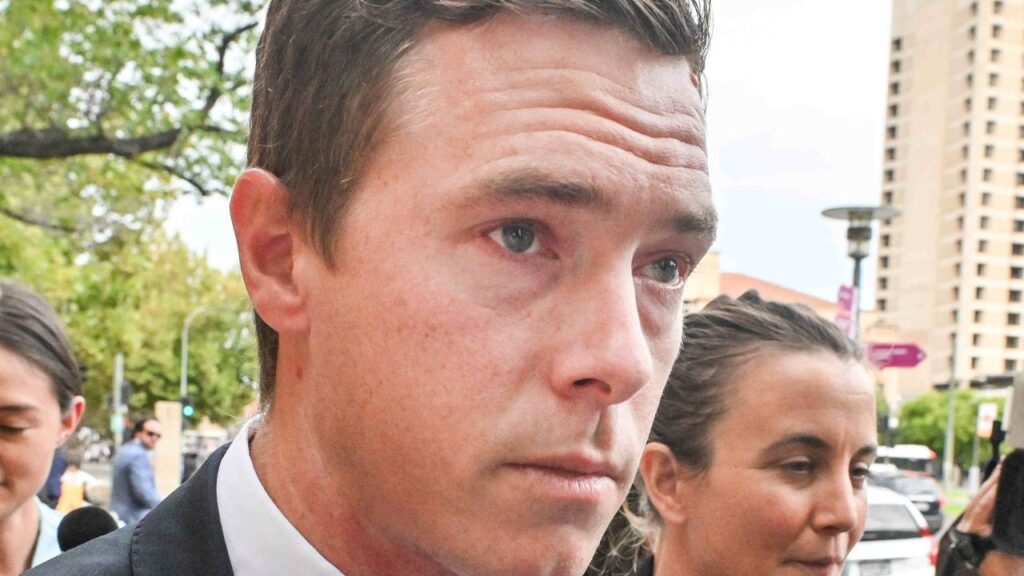Inflation hits three-year low
Written by admin on October 30, 2024
Inflation has dropped from 3.8 per cent to 2.8 per cent, with the consumer price index (CPI) reaching a three-year low.
This is the first time the quarterly data drop has reported a figure within the Reserve Bank (RBA) target range between 2 to 3 per cent since March 2021 when the CPI was 1.1 per cent.
The figure was in line with expectations from economists; however, the RBA has warned that reduced headline inflation figures would not be enough to inspire a rate cut in the near term.
Instead, the central bank will focus on underlying inflation, which removes any volatile changes. This figure decreased from 4 per cent in the June quarter to 3.5 per cent.
This was the sixth consecutive fall after figures peaked at 6.8 per cent in December 2022.
The RBA board is next set to revise the official cash rate on November 5, and again on December 10, with most economists predicting rates won’t begin falling until February 2025.
Fruit and vegies, rents add to inflation
Australian Bureau of Statistics head of prices statistics Michelle Marquardt said the biggest contributors to inflation this quarter were food and non-alcoholic beverages (up 1.2 per cent) and housing (up 1.1 per cent), which was driven be increases to rent and new dwellings purchased by owner occupiers.
“The continuing tight rental market and low vacancy rates caused rental prices to go up 2.0 per cent for the quarter following a 2.1 per cent rise in the March 2024 quarter,” she said.
The increased cost of fresh produce was also impacting the CPI, with fruit prices 4.7 per cent higher year-on-year.
“Fruit and vegetable prices rose this quarter, as unfavourable growing conditions drove higher prices for grapes, strawberries, blueberries, tomatoes and capsicums. This was the highest quarterly rise for fruit and vegetables since 2016,” Ms Marquardt said.
While electricity prices were 6 per cent higher year-on-year, they would have been 14.6 per cent higher without the federal government’s energy rebates.
RBA unlikely to move on rate cut
Oxford Economics Australia head of macroeconomics forecasting Sean Langcake said while the latest data was what was “expected”, a return to target headline inflation would not lead to a rate cut.
“The main game is core inflation and that is unfortunately still too high for the RBA to be comfortable with cutting rates,” he said.
“People’s eyes are going to be drawn to the fact that headline inflation is 2.8 per cent, but you’re still seeing a lot of inflation coming out of the services sector of society. This is part of our poor productivity performance translating into higher prices.”
Although state and federal electricity subsidies were curbing headline inflation, Mr Langcake said the central bank would be hesitant to cut rates given the measures were due to “unwind” next year, he said.
More to come







